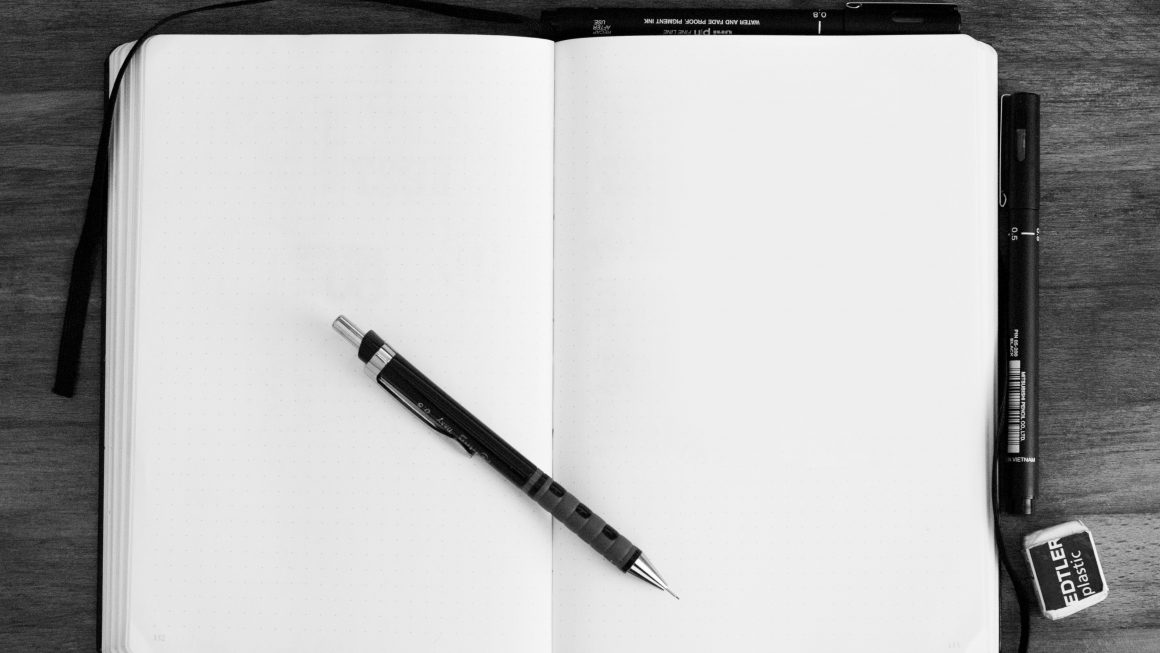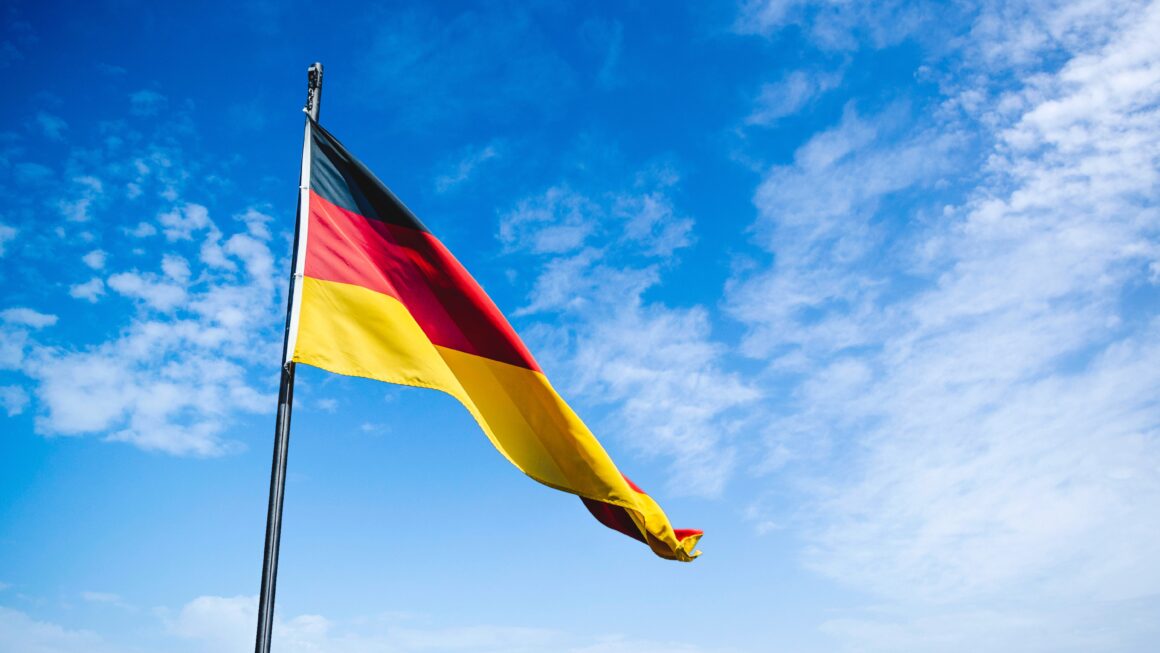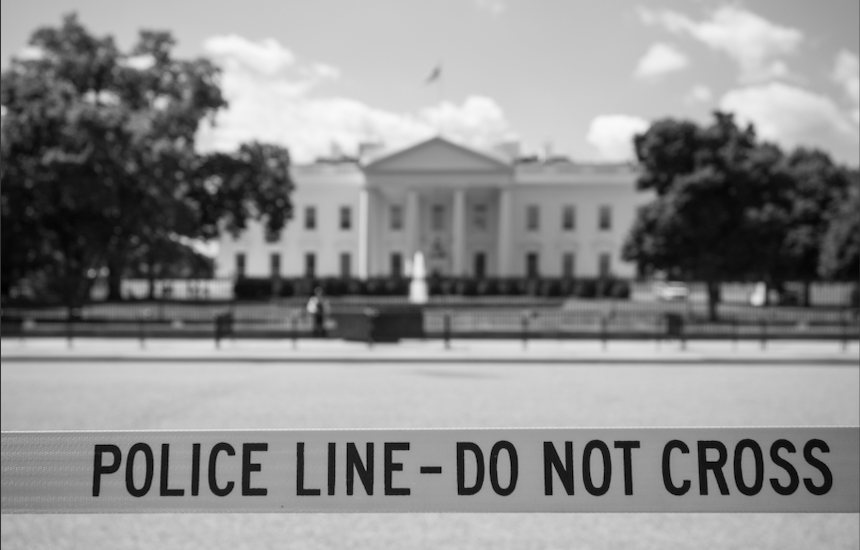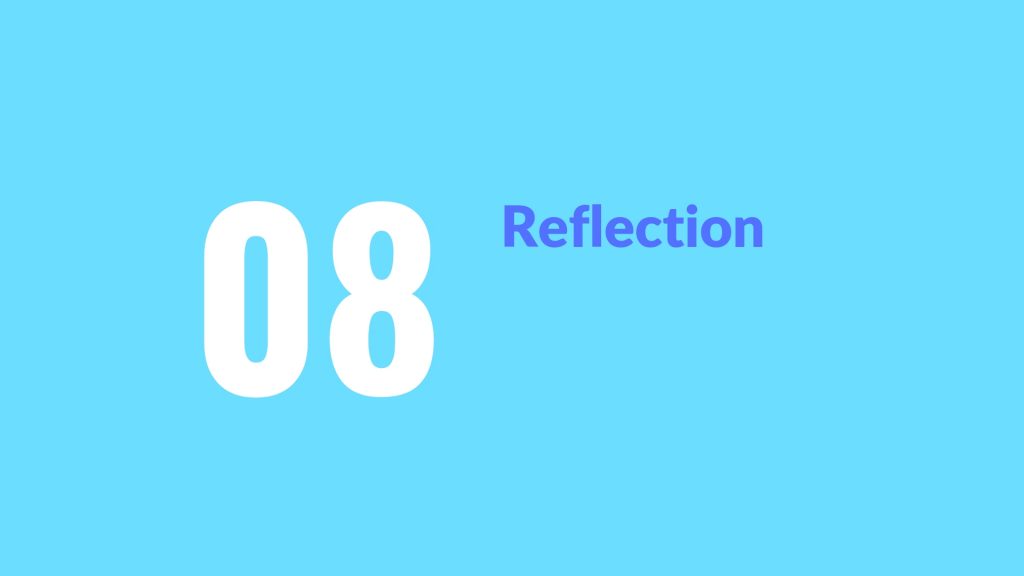
I decided to take Intro to World Politics because it is a requirement as an International Relations major at Agnes Scott. Although I knew I would introduced to unfamiliar ideas, as I had taken only AP U.S. Government & Politics in high school, I did not know that it would take me to Afghanistan and Libya through the Serial 2 Blog and Benghazi Project too.
During the first half of this semester, I listened to the Serial 2 podcast and created my reflection based blog about the episodes. While making the Serial blog, I had to engage with ideologies for and against the U.S. military, an institution that I grew up with. I also learned how to effectively use WordPress and create a digital portfolio to reflect my identity and my interests. From listening to Serial season two, and learning about Bowe Bergdahl’s experience as a captive, I developed a better understanding of America’s impact on the world, and my relationship to international relations. I never knew the facts of his case, and I had brushed it aside as a case of a soldier defecting or wandering off base. I came away with a more nuanced understanding, seeing that many factors contributed to his decision.
The Serial podcast also demonstrated a kind of journalism that I never knew I enjoyed. When it came to writing my mock podcast, ‘Benghazi Unraveled,’ I found that having a narrative throughline, and applying the research skills I have to an event was fun and engaging. I liked analysing articles and academic journals and condensing them into segments, and seeing how each of my seven episodes built on one another.
As I researched Benghazi, I first looked at the attack from international, American and a now historical vantage point, wading through academic journals, news and media reports, and government statements to come to terms with the event itself, and the analysis and implications afterward. No source had everything, so there was always more to dig into. This made the research feel overwhelming at times, but I think by asking continuous questions my project came out stronger because it combined many viewpoints and lines of inquiry. The research also exposed me to the gaps in my knowledge of U.S.’ history in North Africa and the Middle East. Last semester, I took The Global Middle East, and there I learned about the history of the Ottoman Empire and Syrian migration. I felt like I was beginning to see the Middle East, not just as the talking point its become in American media, but as a varied, very diverse place. The Benghazi Project and Serial blog built on that experience. Now, I see that the many conflicts and involvement the U.S. conducts around the world are multilayered, but I can investigate them, and understand them with research of quality sources.
It’s interesting to me that both Bergdahl and Benghazi seem to have faded away from public consciousness, or at least conversation. They are only brought up as political fodder from one side of the aisle to another in Congress, and not examined more critically to reflect the institutions where both events occurred. Why did the Bergdahl case not lead to the U.S. military evaluating how it shares information across branches? Why is soldiers’ mental health deprioritized? Why did the Benghazi event not lead the U.S. Department of State to evaluate how diplomatic missions align with foreign policy priorities? Why is foreign policy often left to presidential whim and not long term strategy?
As my research dwindled down to the final few podcast episodes, I felt like I had more questions than I began with, especially regarding America’s foreign policy. To me, international relations is understanding how we all work, or fail to work, together. After taking Intro to World Politics, and even after learning about realism and liberalism and political theory, I think that the goal of diplomacy should be interconnectedness for a more humane, ethical world. Now that I have learned more about Afghanistan’s (through Serial), Libya’s (through Benghazi), and more countries’ (through lectures) histories, a pandora’s box histories and politicking is opened to me for exploration.
Furthermore, the class has enhanced my perspective that knowing about global events is necessary, and that our issues are always connected. The refugee crisis worldwide, the migration crisis and the issues of global terrorism is something we share, and something we can work towards mitigating globally.
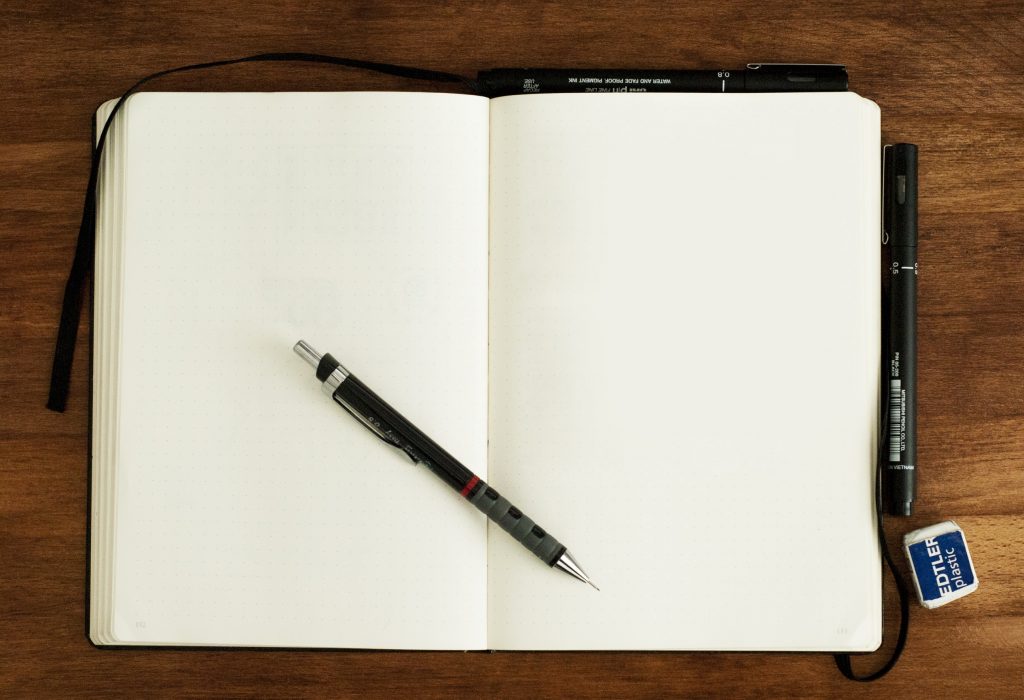

Tinnion, Mike. “Photo of Open Notebook with Pen.” Unsplash, 1 Aug. 2017. https://unsplash.com/photos/3ym6i13Y9LU. Accessed 13 Apr. 2019.

